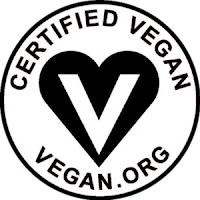Black Throated Diver - Gavia arctica
Arrow Valley Park - 22nd December 2018
by John Hodges
After several days of gloomy weather and a workload, I’d rather not think about, I wrapped up in warm layers, boots and waterproofs and grabbed my camera kit.
The brief but welcome winter sunshine had beckoned me outside, a quick visit to the local Arrow Valley Park
On Saturday afternoon I was rewarded with an early Christmas present, a Black Throated Diver - Gavia arctica in its winter plumage. It is also known as the Arctic Loon as its habitat range from the Siberian, Arctic circle and Alaska
This streamline diving bird winters in the UK with numbers reaching up to 560 pairs. Today as far as I’m aware was the first time this species had visited The Arrow Valley Lake. Not only is this a rare bird but no way did I expected to see such a beauty in the centre of England . In the winter the birds usually turn up around sheltered parts of the coastline and intertidal river, mostly the northern coastline. The breeding summer population of approx 200 pairs reside in the Highland lochs of Scotland .
On days like today, I’m made aware of why my addiction to natural history and wildlife photography is like drug and a very good drug at that. On any given day you just never can tell what will show itself. As a wildlife photographer who has been fortunate to have explored habitats around the world, research and planning always go a long way if you want a chance of encountering and photographing your species of choice. But when some unexpected species turn up, especially when it’s on your own doorstep the old heart rate goes up and all your senses become hypersensitive. In the briefest blink of an eye, catching a subtle but unusual silhouette, call or flight pattern, you’re transported back to a 10yr old boy pretending to be his idol, David Attenborough. Holding your breath in the hope you get one more glimpse, a photographic record of a bird or butterfly that you’ve only seen in the pages of well-thumbed books.
Saturday 22nd December 2018 was one of those days at Arrow Valley


























